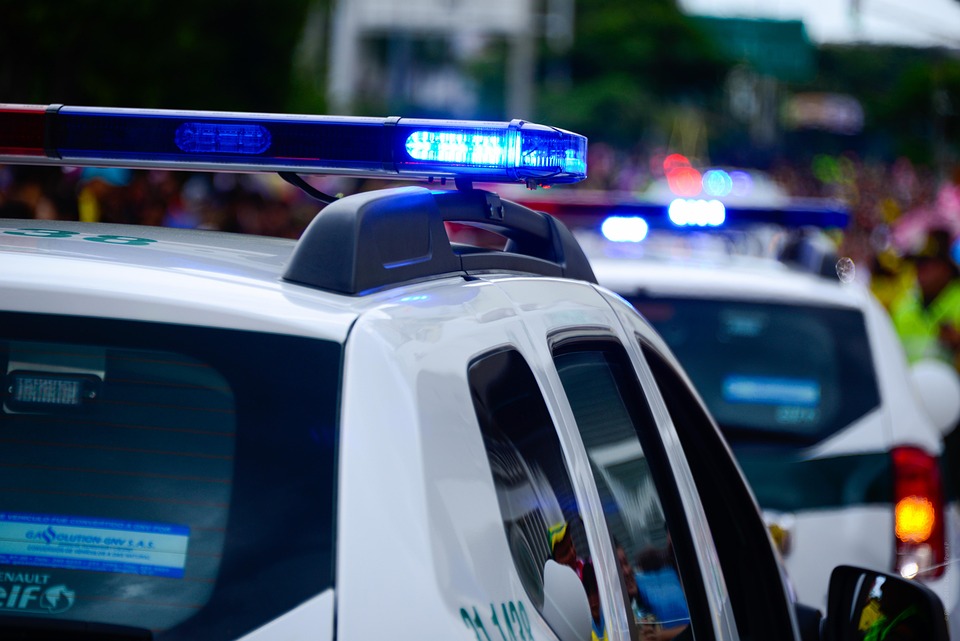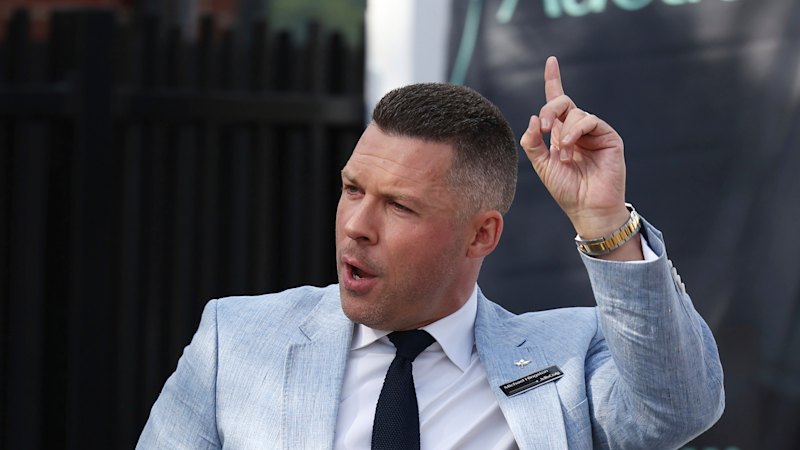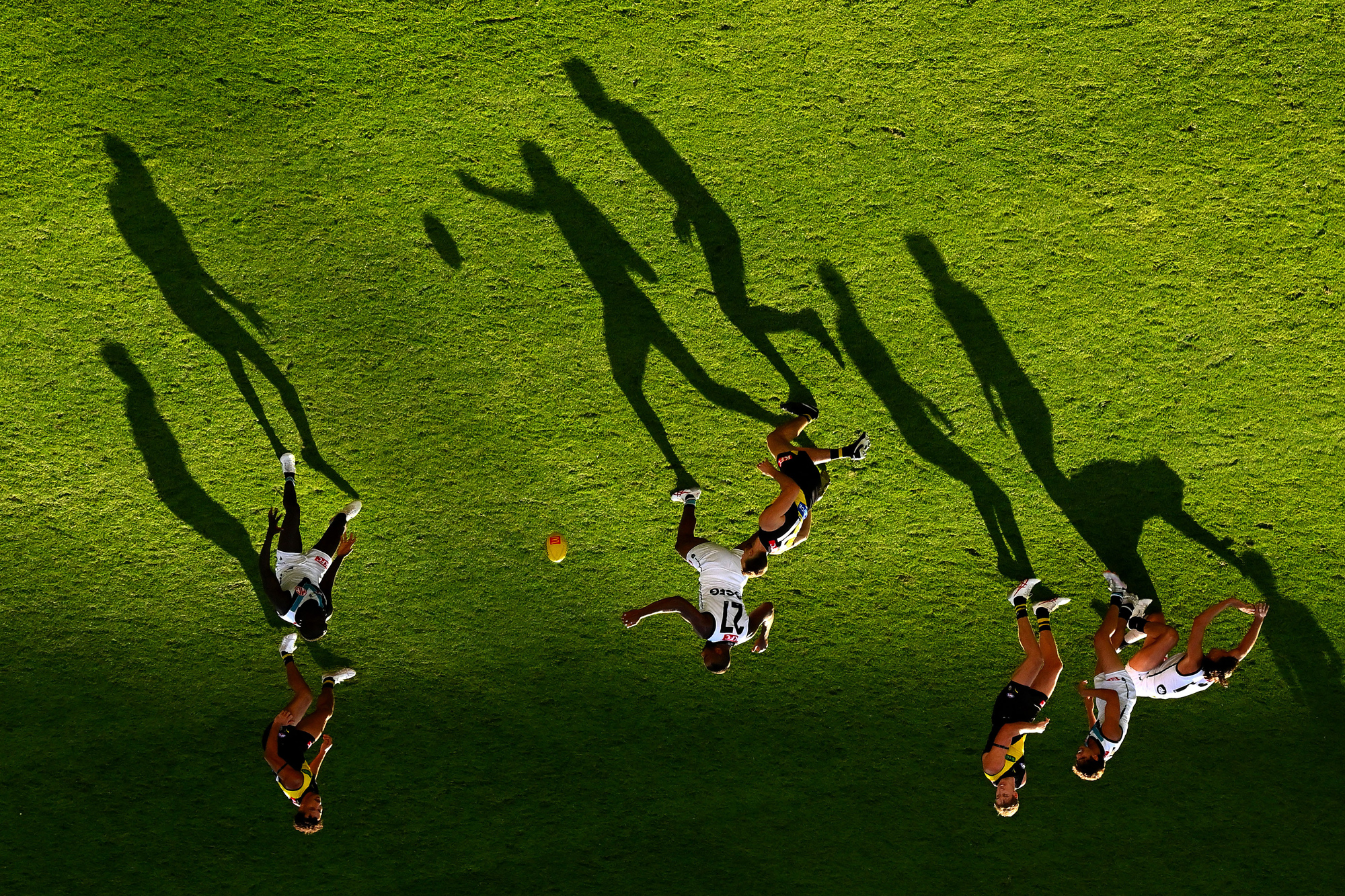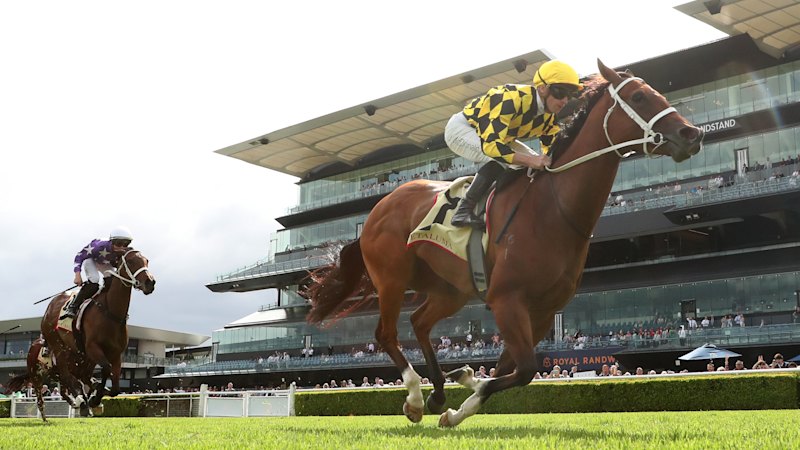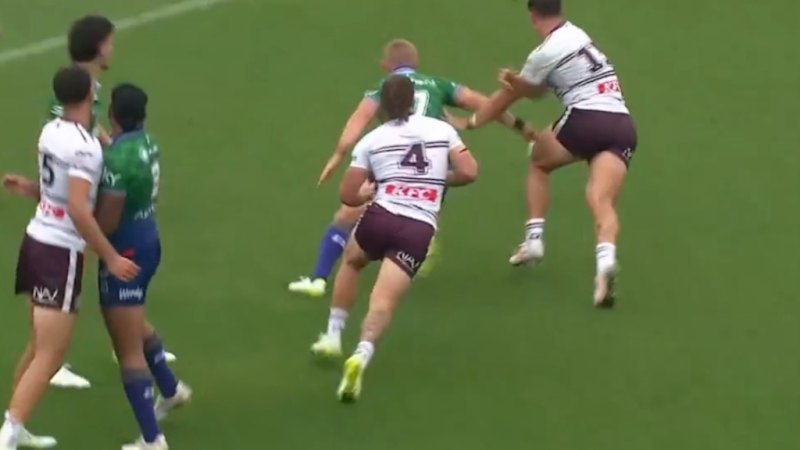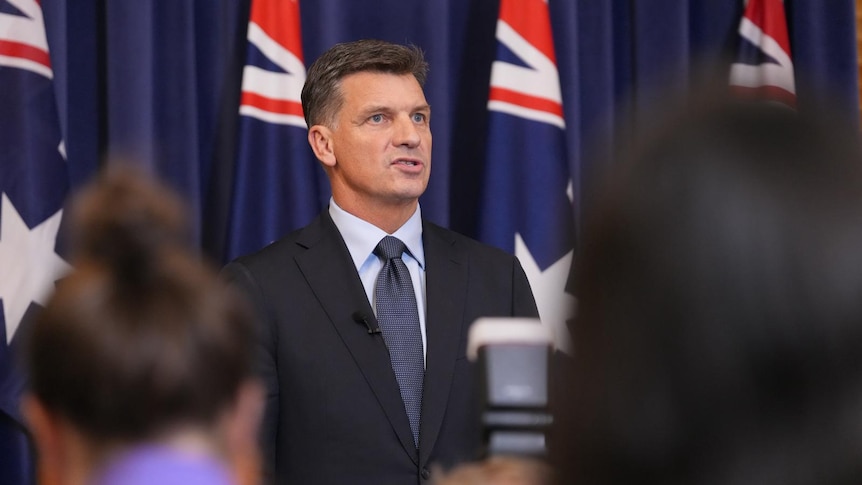
New Zealand’s government will no longer allow police officers to regulate gun ownership, as part of significant reforms to the country’s firearms laws. This decision, announced by Associate Justice Minister Nicole McKee, aims to alleviate tensions between the firearms regulator and gun owners. The relationship has been strained since the establishment of the regulatory authority following the tragic shooting at two mosques in Christchurch.
The Firearms Safety Authority has managed gun ownership since 2022, after investigations revealed that the perpetrator of the Christchurch attacks had legally acquired multiple firearms without attracting notice from law enforcement. The reforms maintain a near-total ban on semiautomatic weapons, a measure implemented after the March 15, 2019, massacre, in which 51 Muslims lost their lives during prayer.
While McKee previously advocated for relaxing the semiautomatic ban for certain sports shooters, her proposals were not accepted by the Cabinet. Instead, the reforms focus on removing police officers from the regulatory body and enhancing its oversight. Once the legislation is enacted, the authority will report directly to the government rather than to the New Zealand Police.
“There will be no blue shirts in the Firearms Safety Authority,” McKee stated, referencing the police uniforms. The 15 officers currently working in the authority will return to their police duties, which will still include enforcing laws related to gun crimes. McKee emphasized the necessity of rebuilding trust between the regulator and the licensed firearms community, which has significantly eroded over the past six years.
Gun owners have expressed concerns that the blame for the Christchurch attack has been unfairly directed at them. McKee noted that many feel police should prioritize law enforcement over regulatory compliance. The current regulatory framework operates as a unit within the police department. The upcoming law change will create a more independent structure, limiting shared services with the police.
The perpetrator of the Christchurch attacks, Brenton Tarrant, was able to secure a license and legally obtain semiautomatic weapons after being radicalized online. In 2020, he pleaded guilty to a terrorism charge along with 51 counts of murder and 37 counts of attempted murder, receiving a life sentence without parole. McKee remarked, “None of us want to see that again,” acknowledging the mistakes made in the rapid response following the attacks. She described those initial changes as “rushed, confused and unfair.”
New Zealand garnered international praise when then-Prime Minister Jacinda Ardern announced just six days after the tragedy that the weapons used in the attacks would be banned. Additional reforms also include new regulations for gun clubs and the establishment of a firearms registry.
The Council of Licensed Firearms Owners, an organization previously led by McKee, welcomed the removal of police from gun licensing. Hugh Devereux-Mack, a spokesperson for the council, stated that the existing structure had resulted in “unfair and intimidating treatment” of gun owners. As New Zealand moves forward with these reforms, the government aims to strike a balance between public safety and the rights of responsible gun owners.
